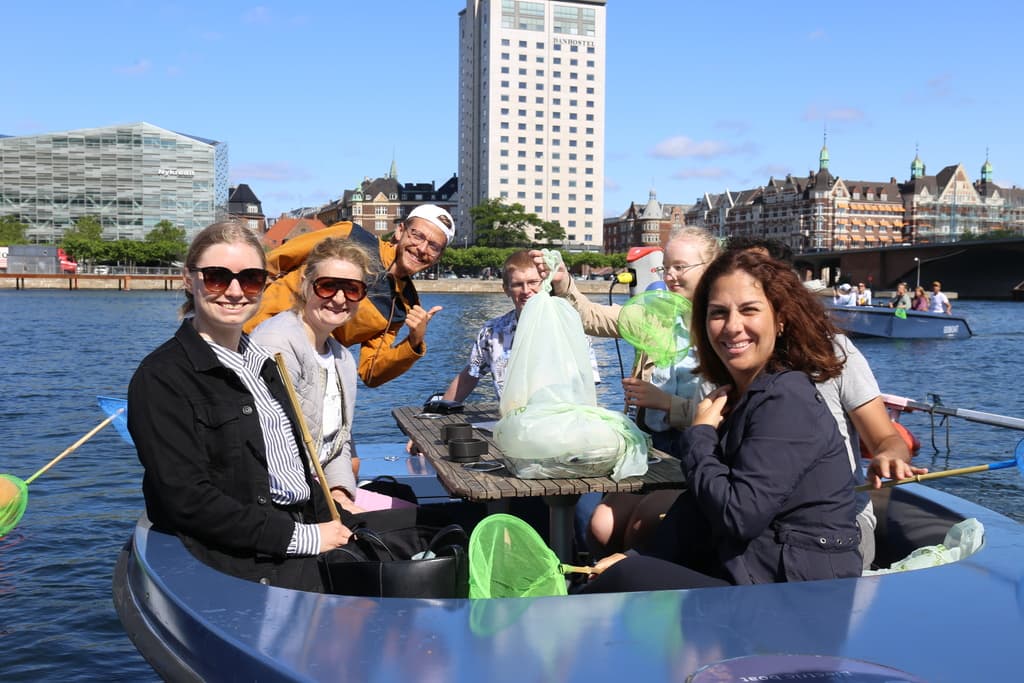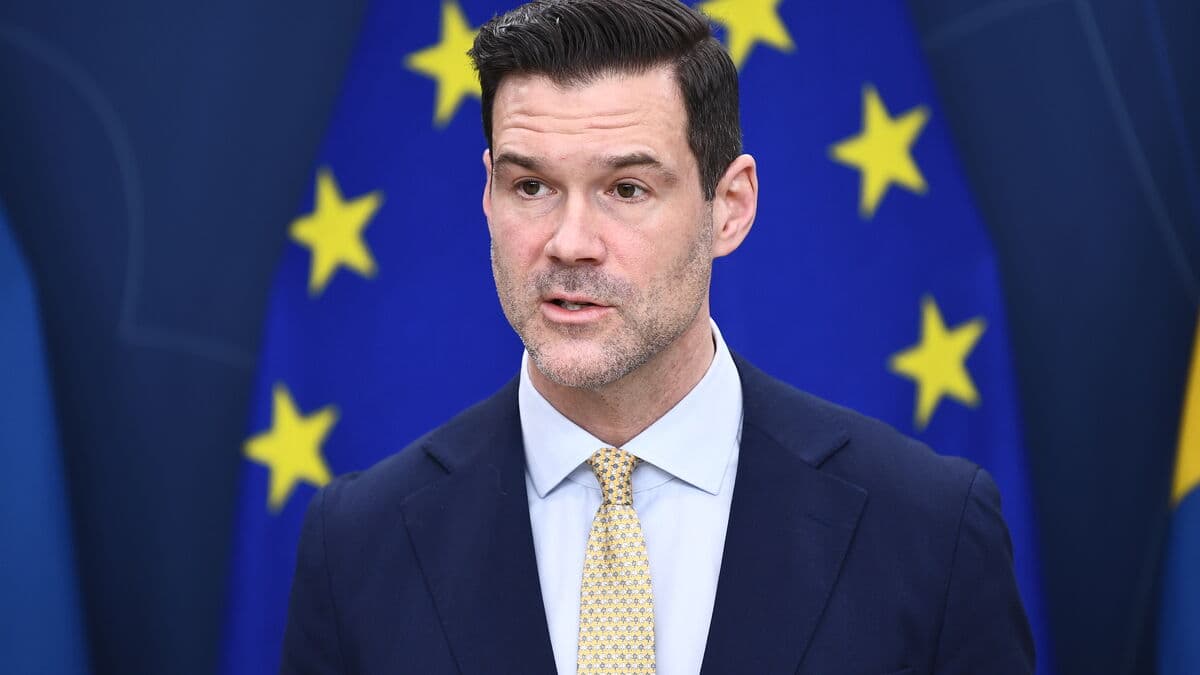Copenhagen is going against the tide and rewarding tourists who choose sustainable alternatives.
Tourism researcher Stefan Gössling believes that the initiative only scratches the surface of a larger problem.
Tourism cannot continue to grow indefinitely, he says.
Since the millennium shift, the Nordic countries have had a constant growth in tourism over time. Measured in guest nights, the number has almost doubled in 25 years, according to Gössling.
My colleagues in Denmark think that there are too many tourists in certain central parts of Copenhagen and point out that they only talk about wanting more tourists, but not how many.
Motivating tourists to choose sustainable alternatives in exchange for rewards, which Copenhagen has started doing this summer, is not enough to address the problems behind mass tourism, according to Gössling.
If you look at Europe, it's higher rents, mainly due to the rental service Airbnb, that local residents are most annoyed about.
Want to see demands for responsibility
Having tourists as neighbors also leads to local residents feeling less at home in their residential areas, Gössling believes.
A place becomes a home when you know your neighbors. When you lose that control, due to a permanent influx of tourists who don't take responsibility and invest in the place, there's a risk that you'll get tired of tourism.
So, are tourists who pick up trash in Copenhagen's canal a positive input?
It's a step in the right direction, but we should steer even more politically. At the same time, it's acceptable to demand greater responsibility from tourists. You can't just consume a place and then leave it. A few tourists might pick up trash, but many others will continue to litter.
"Most people don't care"
Gössling adds that Copenhagen's campaign, which is backed by the Danish capital's official tourist board, clashes with the expansion of Kastrup Airport.
That Copenhagen is advocating for sustainability is problematic. Denmark was a climate pioneer after the climate summit in 2009. Then they do the opposite and expand their airport to attract low-cost tourists. It's a clash between what's being done and what's being marketed.
But calling the concept "greenwashing" is to take the criticism too far, according to Lin Lerpold, associate professor at the Stockholm School of Economics and head of the Center for Sustainability Research.
Greenwashing has to do with false claims and misleading information. I see this as a kind of positive compensation that you can do if you're going to travel anyway. I think that's positive. Most people don't care at all.






